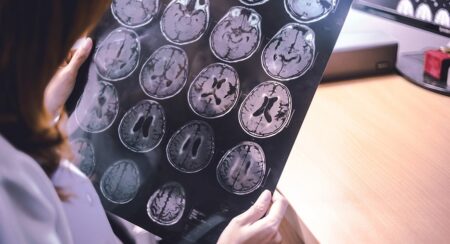IN dementia research, there are projects that try and find the causes of dementia, and those that try and find a cure.
Obviously, research into a cure is important, but you can’t really expect to find a cure unless you know the cause.
So, maybe research into the cause or causes of dementia is the most important at this point.
There is also research into who will get dementia.
A recent Australian and US study of more than 16,800 older people has shown that walking more slowly and thinking more slowly are a good indication of future dementia.
How useful is a study like that?
According to Velandai Srikanth, who co-authored the research report published in the Journal of the American Medical Association, told the Sydney Morning Herald that doctors would be able to identify a person’s dementia risk and introduce preventive measures early on.
“They would be the ones to try to make sure that their blood pressure is well controlled, that they are physically active, that they have a good diet, that they connect socially … all the good things that hold off the risk of dementia.”
But aren’t blood pressure control, exercise, diet and social connection important for a person’s health generally?
Aren’t these things doctors should encourage everyone, young and old, to pay attention to anyway?
Maybe the only good thing to come out of this research is that older readers of the Sydney Morning Herald story now try to walk faster.
Also, something this research didn’t address was what the chance is of getting dementia for people whose walking pace and pace of thinking have slowed down.
Sleeping less than six hours a night, for example, is reported to increase the chance of getting dementia by 30 per cent in people in their 50s and 60s.
That at least puts a number on the chance of getting dementia.
Even so, here too the obvious thing is that a good night’s sleep is good for you overall.
So how useful is it for anyone to worry about whether or not they will get dementia?
Staying physically and mentally active, eating well and avoiding smoking, excessive alcohol and head injury may all protect you from dementia later in life and from a lot of other sicknesses a long time before that.
Finally, one neuroscientist THE VOICE spoke with suggested a research project into whether by reading a lot of newspaper articles about dementia you increased your chances of getting dementia.
He was joking, of course, but you get his drift.
Why not sign up to our free weekly newsletter? Or drop us a line and tell us your thoughts!
Would you like to submit your own opinion piece to this newsletter? Aim for 500 words maximum, avoid party-political statements and stick to the issues: policy@cpsa.org.au
